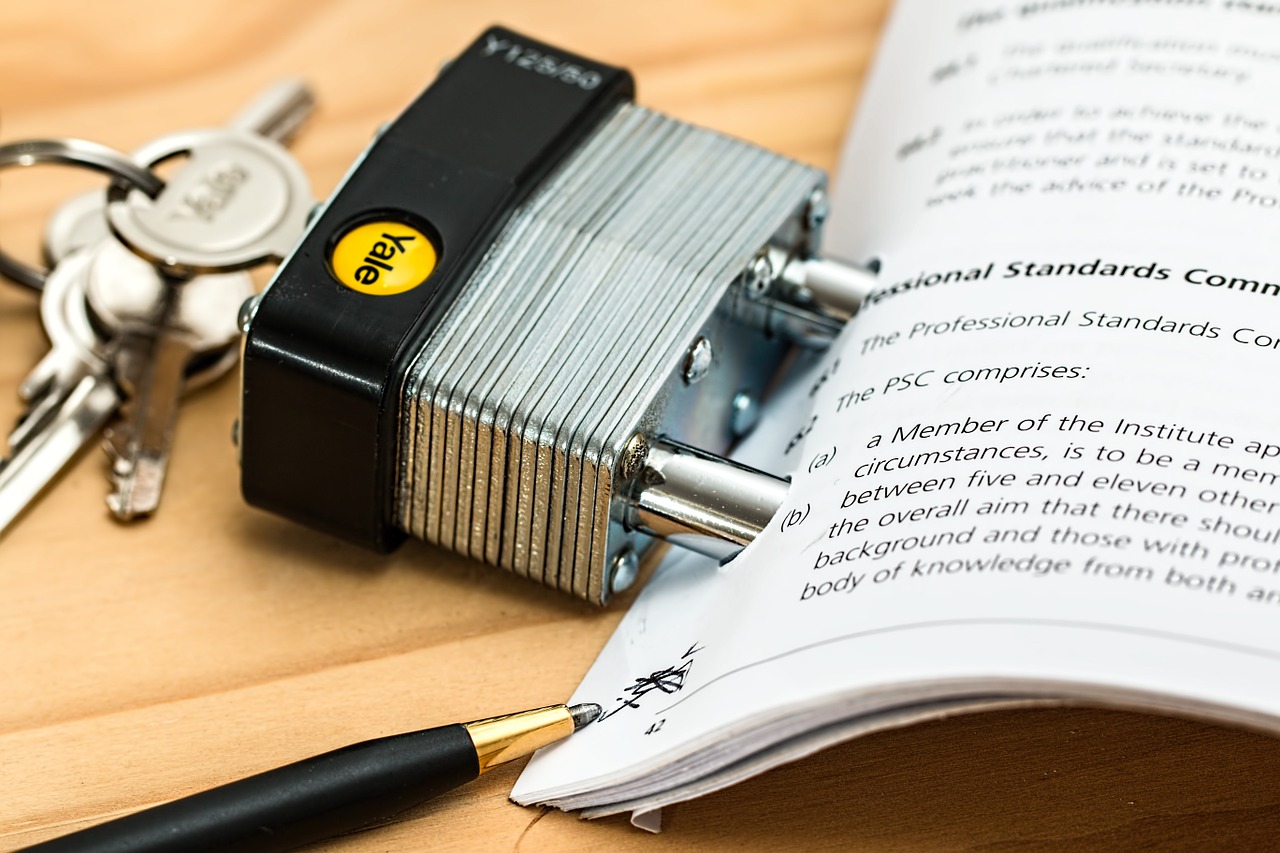Is the prophet false or is the prophet simply immature and inaccurate? Is the prophetic word false or is it inaccurate or badly communicated?
Keeping these two questions in mind will give context when dealing with prophetic agents (persons) and prophetic expressions (operations).
If we have to choose between false and true prophet without the option of immature or inaccurate, we can easily throw out the baby with the bath water and similar with prophecy.
False Prophets
False prophet’s share this trait: They turn people away from Jesus Christ and His message of salvation through faith by grace. An example is where Paul and Barnabas meets up with a false prophet in Acts 13.
When they had gone through the whole island as far as Paphos, they came upon a certain magician, a Jewish false prophet named Bar-Jesus. He was with the proconsul, Sergius Paulus, a man of intelligence, who summoned Barnabas and Saul and sought to hear the word of God. But Elymas the magician (for that is the meaning of his name) opposed them, seeking to turn the proconsul away from the faith. (Act 13:6-8)
Under the New Testament this is the main criteria for the false prophet. The opposition of Jesus Christ – the spirit of anti-Christ.
See what John has to say about the spirit behind true prophecy (emphasis added):
Then I fell down at his feet to worship him, but he said to me, “You must not do that! I am a fellow servant with you and your brothers who hold to the testimony of Jesus. Worship God.” For the testimony of Jesus is the spirit of prophecy. (Rev 19:10)
The accuracy of prophecy is not the means of judging a false prophet. Listen to what Jesus says:
“Beware of false prophets, who come to you in sheep’s clothing but inwardly are ravenous wolves. You will recognize them by their fruits. Are grapes gathered from thornbushes, or figs from thistles?
(Mat 7:15-16)
Excerpt from “Basic Prophetic Training Manual,” Chapter Four: “Important Prophetic Topics”









